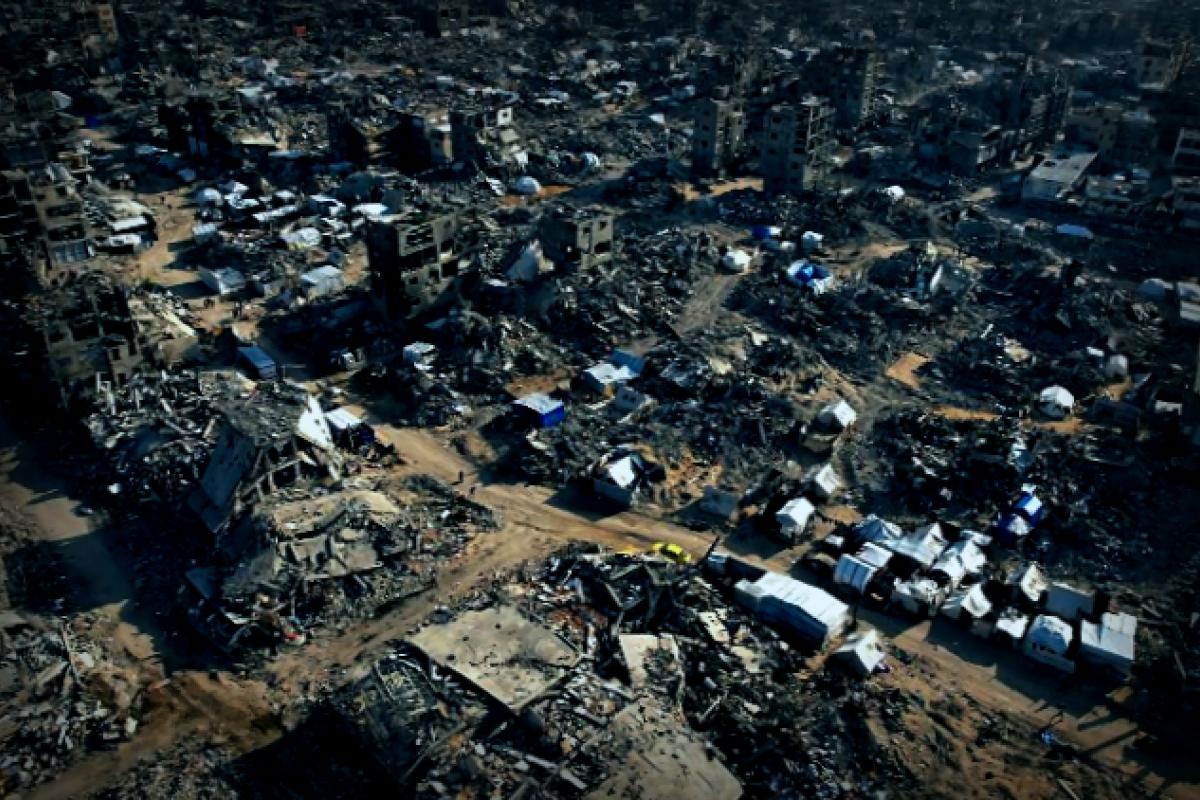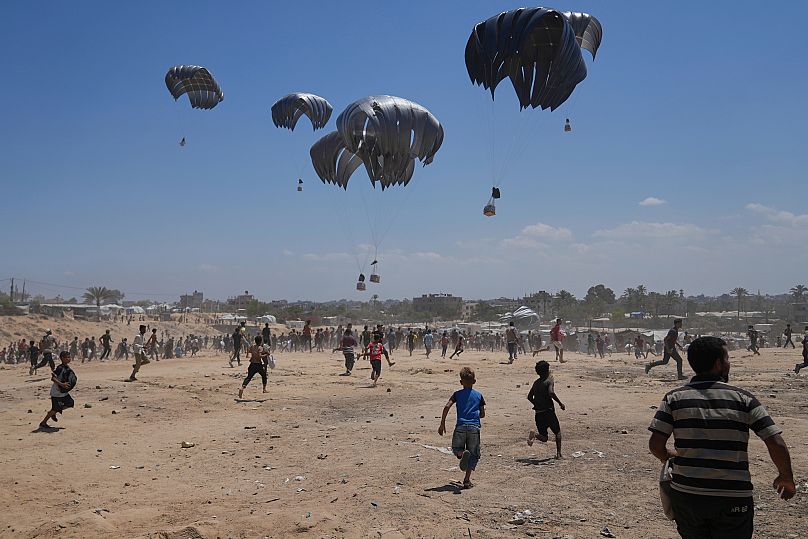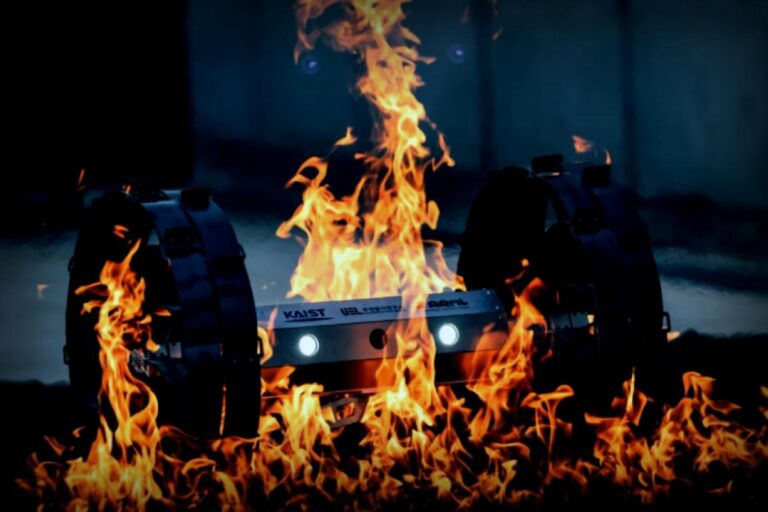On Monday, Israeli Prime Minister Benjamin Netanyahu made headlines by confirming that Israel will fully occupy the Gaza Strip. This includes military action in sectors where it is believed that hostages may be located.
In a statement shared via video on X, Netanyahu emphasized, “We are committed to liberating Gaza from the tyranny of terrorists.” He also noted that many Gazans are asking for help to free themselves from Hamas, saying, “Help us be free. The time has come to act on this.”
Interestingly, the Prime Minister’s Office sent a clear message to Chief of Staff Lieutenant General Eyal Zamir, stating, “If you don’t agree with this direction, then perhaps you should step down.” This reflects the rising tension between Netanyahu and Zamir regarding the strategy of warfare in Gaza, which reportedly reached a boiling point on that very day.
This announcement follows many weeks of stalled negotiations, mainly in Qatar, aimed at compromising with Hamas about a potential ceasefire and the liberation of hostages, all while Gaza’s humanitarian crisis worsens.
Plans for Post-War Gaza: Security and Recovery
While Netanyahu hasn’t provided extensive details on what Gaza will look like after the conflict, a document dating from December 2023 outlines a proposed path forward. This 32-page academic paper authored by the Israel Defence and Security Forum envisions a comprehensive “Gaza Security and Recovery Program.”
The mind behind this initiative involves over 35,000 reservists from Israeli security forces and the Jerusalem Centre for Security and Foreign Affairs. The document explores what should happen “the day after” Hamas is no longer in power.
Key components of the plan include extensive economic and infrastructural rebuilding alongside efforts to eradicate a “murderous ideology,” which has been termed “de-Nazification.” The proposition argues for a preemptive strategy in preparation for managing Gaza post-Hamas rule.
Notably, this plan explicitly avoids recognizing Palestinian sovereignty or the roles of the Palestinian Authority (PA) and UNRWA in providing humanitarian assistance.
One government official mentioned this framework reinforces Israel’s inclination towards more control over Gaza’s future policies, although it has yet to be finalized. Another, Ohad Tal, confirmed that while the specifics is a shifting topic, it emphasizes core elements such as excluding the Palestinian Authority and rejecting the formation of a Palestinian state.
Disagreement Among Israeli Leaders
These comments draw a stark contrast to Israel’s Foreign Minister, Gideon Sa’ar, who recently told Euronews that Israel has “no plans” for long-term control over Gaza, focusing strictly on security concerns.
“We don’t plan to govern Gaza indefinitely,” Sa’ar stated defiantly.
Netanyahu also referred to a redevelopment scheme touted by former President Trump, labeling it as a means for Gazans who wish to relocate to do so. This idea received widespread backlash from regional diplomats and humanitarian organizations who see enforced relocation as a breach of international law.
This plan proposed turning Gaza into a “Riviera of the Middle East,” complete with lavish resorts, drawing its share of horror and disbelief from local and international entities alike as forced resettlement raised numerous ethical concerns.






















